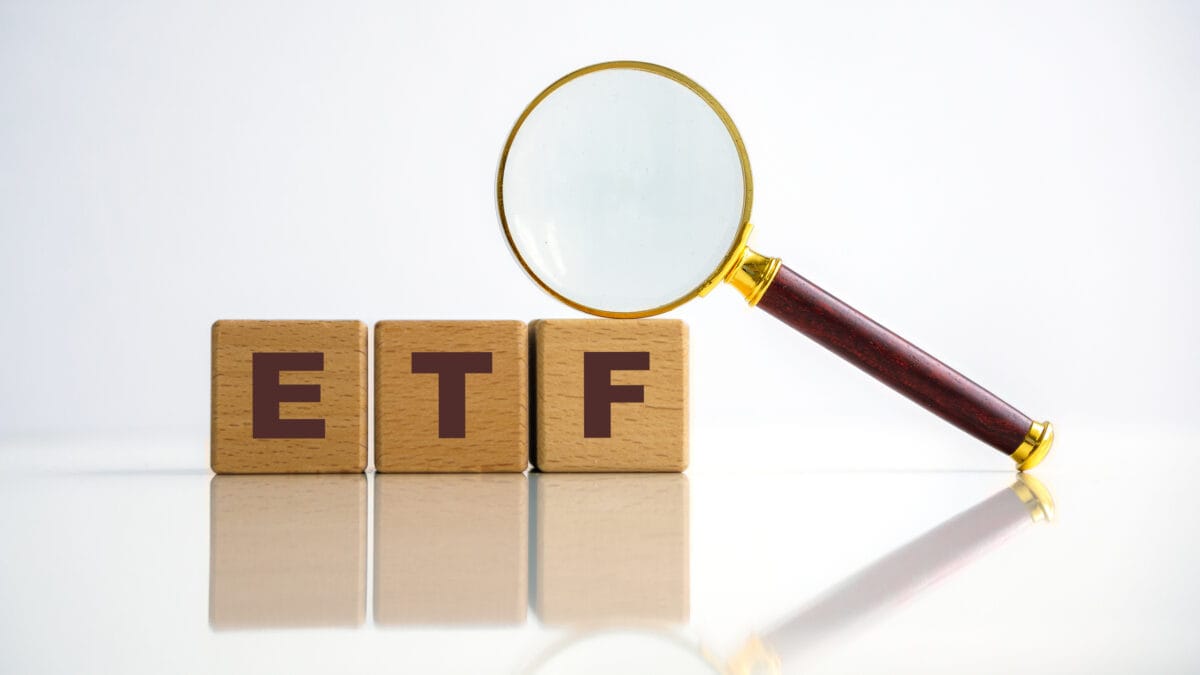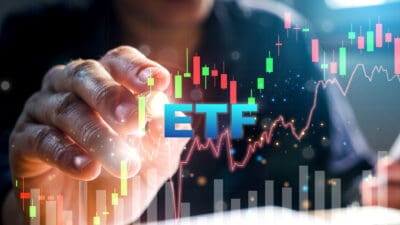The Vanguard Australian Shares Index ETF (ASX: VAS) and the Vanguard Australian Shares High Yield ETF (ASX: VHY) are two of the most popular Vanguard exchange-traded funds (ETFs) on our markets.
VAS is by far the more popular option and also happens to be the most popular ETF on the ASX.
VAS might suit many investors who just want a passive, market-wide fund for easy returns. However, retirees and other income investors flock to VHY as well.
With a narrower focus on dividend income-producing shares, many investor feel this ETF suits their goals better.
But what about an investor who is trying to decide which ASX ETF is better right now?
Well, today, let's compare these two funds and see which comes out on top.
VHY vs VAS: How do these ASX ETFs compare?
Both of these ETFs hold a basket of mature ASX shares, weighted towards market capitalisation. But that's where the easy comparisons end. As we touched on above, the Vanguard Australian Shares Index ETF is a bona fide index fund. It holds the largest 300 stocks listed on the Australian markets, with little regard to anything other than sheer size.
In contrast, the Vanguard Australian Shares High Yield ETF only holds around 67 holdings. These holdings are selected if they offer a higher average dividend yield compared to the market, as well as perceived sustainable income in the future.
Both of these ETFs have similar top holdings. However, VHY does give additional weight to big income payers like Telstra Group Ltd (ASX: TLS), Westpac Banking Corp (ASX: WBC), and Transurban Group (ASX: TCL) compared to VAS.
The other major difference between these two Vanguard ETFs is their fees. VHY is the more expensive option, charging a management fee of 0.25% per annum. In contrast, VAS is far cheaper, asking just 0.07% per annum.
The rubber is the road
However, the most important metrics to look at are the performance numbers.
As of 28 February, the Vanguard Australian Shares Index ETF has returned an average of 8.82% per annum over the previous five years and 7.45% per annum over the past ten years.
Meanwhile, the Vanguard Australian Shares High Yield ETF has managed 10.98% per annum over the previous five years and 6.77% per annum over the past ten years.
But let's compare yields. Both of these ETFs pay out quarterly dividend distributions.
Over the past 12 months, VAS has doled out a total of $3.54 per unit in dividend distributions. VHY has paid out $4.40 per unit.
At current pricing, this gives VAS a trailing dividend distribution yield of 3.58%.
In contrast, VHY units are trading on a yield of 6.05%.
Foolish takeaway
Given VAS' superior long-term performance and lower management fee, I think it is a better choice for most investors today, especially those who want a passive, diversified, and hands-off portfolio.
However, VHY might be a better option for investors who rely on dividend income, such as retirees. With VHY, you are probably almost always going to get a bigger dividend yield and more franking credits, even if that may come at the expense of better overall returns.









